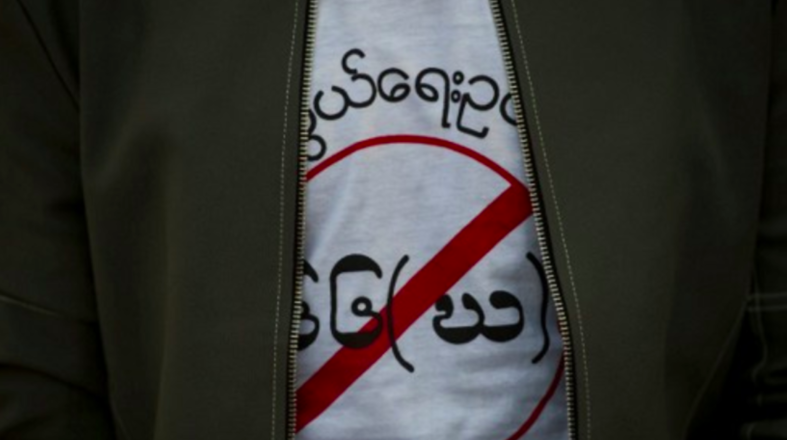Although it seems like the entire country is rampant with 66(D) lawsuits (and let’s be honest — it is), the honor of the highest number of currently active cases under Section 66(d) of the Telecommunications Law goes to — drumroll please — the Ayeyarwady Region.
According to figures obtained by Mizzima, a total of 18 active 66(D) cases have been filed within the region at time of writing. To narrow it down even further, the majority of cases were filed in the capital of Pathein. Of the 18, three are currently being tried in court. Lieutenant Colonel Khin Maung Latt told Mizzima that the other 15 cases are awaiting approval from the Ministry of Communications before they can proceed to court.
“The majority of the 66(D) cases within our region are over personal arguments between two individuals on Facebook. Cases concerning politics are rare,” said Lt. Col. Khin Maung Latt.
That being said, lawsuits of the latter kind are not unheard of. Earlier this month, Tun Tun Oo, a member of the Human Rights Activists Association, was arrested after being charged under 66(D) for livestreaming a student play that criticized military clashes with ethnic armed groups. The nine Pathein students involved in the production were also sued for defamation. Tun Tun Oo’s arrest came two days after the editor-in-chief and a satirist at The Voice were also detained in Yangon under Section 66(D) for an article that poked fun at the military.
The Telecommunications Law was first enacted in 2013, and is mainly used by the government to jail its critics. Anyone found guilty under Section 66(D) faces a prison sentence of up to three years, as well as a monetary fine.
Most recently, the law was used against three Magwe-based journalists who took to Facebook to accuse a local businessman of illegally supplying bricks to an ongoing construction project.
Activists have long called for the law to be amended. Following the arrest of the The Voice pair, the campaign garnered a surge in support from journalists who launched a 10-day white armband campaign called ‘Freedom of the Press’, in addition to forming an official Committee for the Protection of Journalists.





Reader Interactions